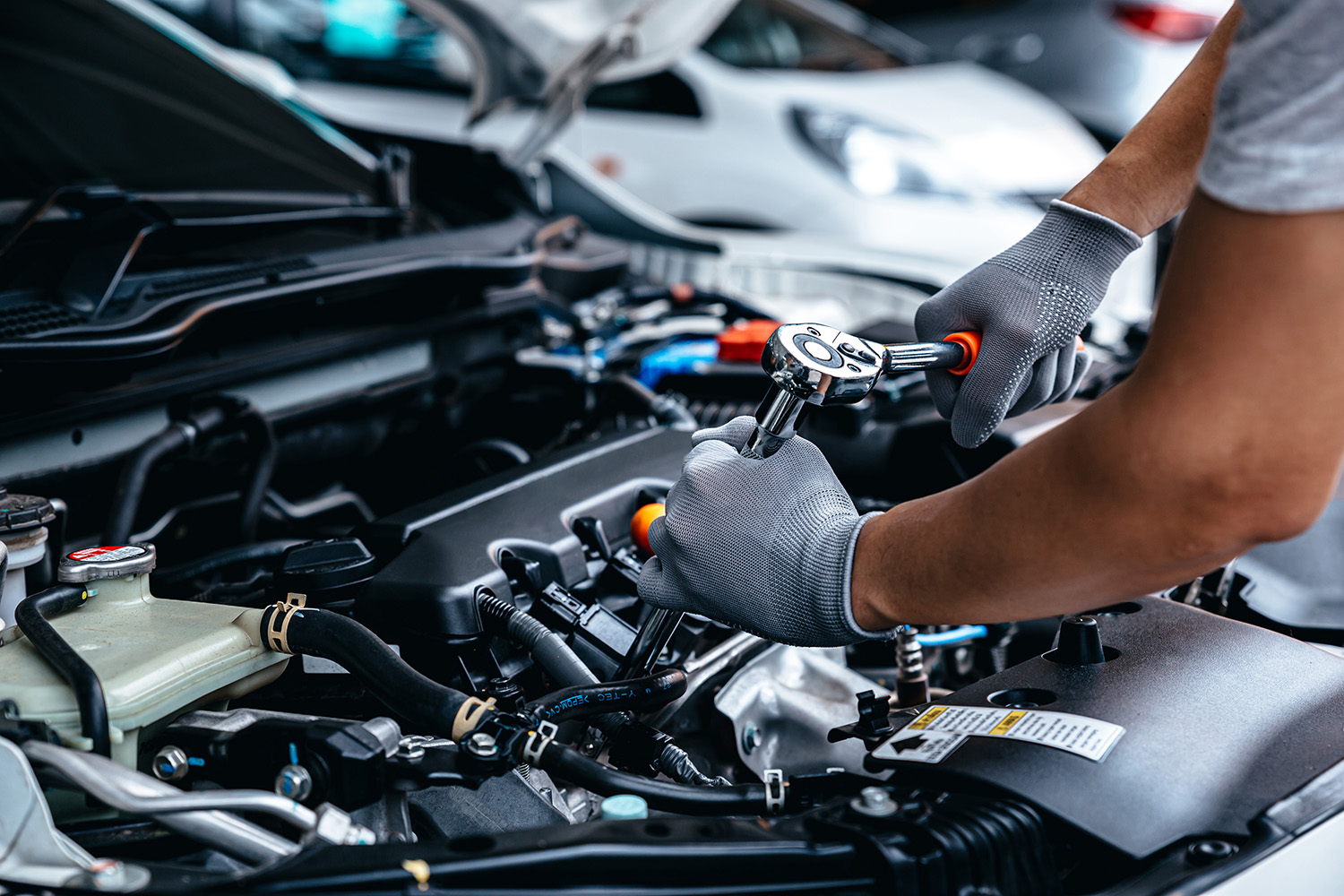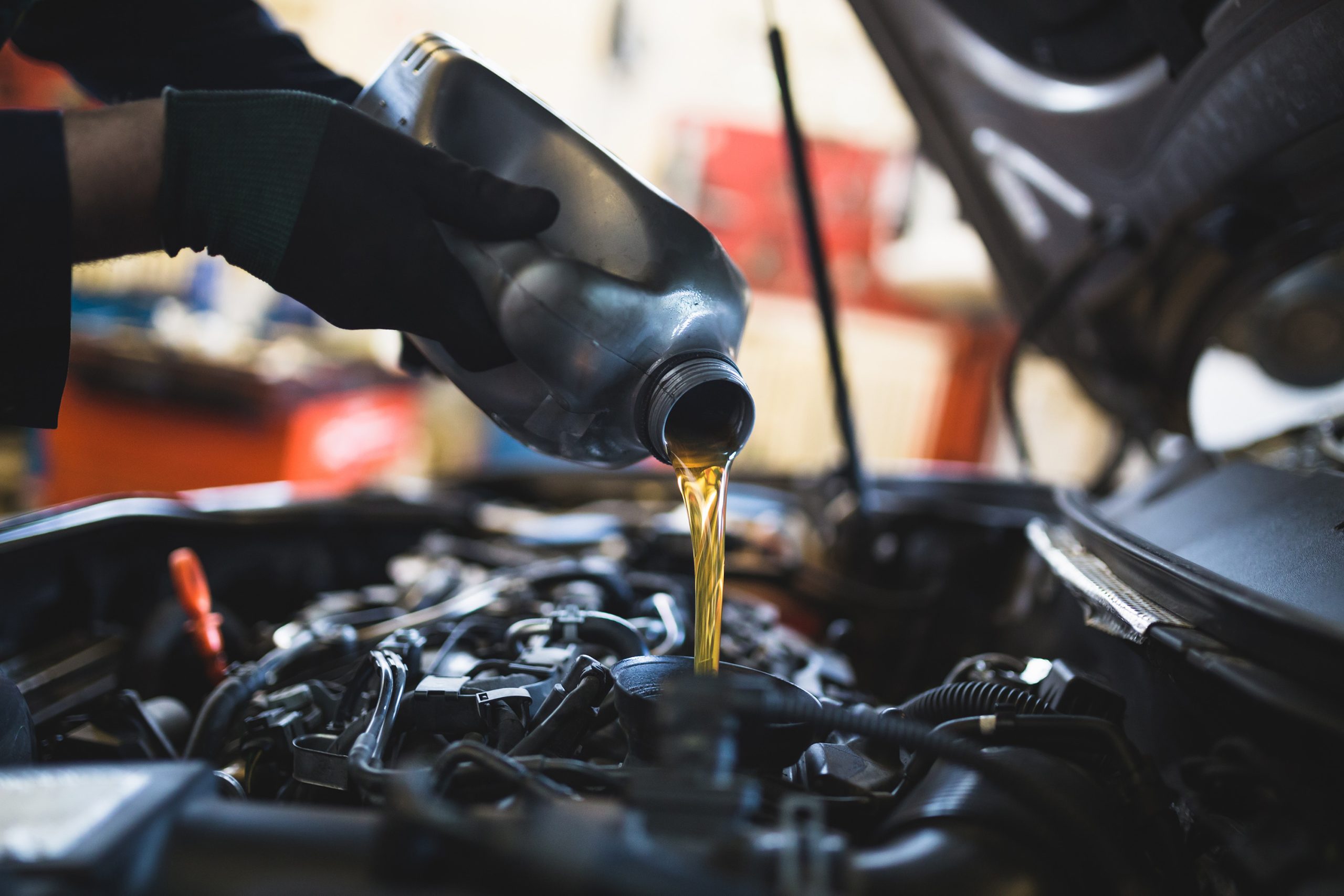Essential Car Maintenance Tips: Keep Your Vehicle Running Smoothly
Regular car maintenance is crucial to ensure your vehicle runs smoothly, extends its lifespan, and avoids unexpected breakdowns. Whether you’re a daily commuter or someone who takes weekend road trips, maintaining your car is key to keeping you safe and preventing costly repairs. Here are some essential tips to help you stay on top of your vehicle’s maintenance.
1. Check and Change Your Oil Regularly
Motor oil lubricates your engine and helps it run efficiently. Without the right level of clean oil, your engine can overheat and suffer damage. It’s a good idea to check your oil once a month and change it every 3,000 to 5,000 miles, depending on your car’s specifications. Remember to also replace the oil filter during every oil change.
2. Monitor Tire Pressure and Tread Depth
Your tires are essential for both safety and fuel efficiency. Incorrect tire pressure can lead to poor handling, increased wear, and lower gas mileage. Check your tire pressure monthly and before long trips. You can find the recommended PSI (pounds per square inch) in your owner’s manual or on a label inside the driver’s door. Additionally, keep an eye on your tire tread. Worn-out tires reduce traction and increase the risk of accidents, especially in wet conditions.
3. Rotate Tires and Check Alignment
Tire rotation is another crucial maintenance step. Rotating your tires every 5,000 to 7,500 miles ensures even wear, which extends their life and improves handling. Misaligned wheels can cause uneven tire wear and poor vehicle performance. If your car pulls to one side or you notice uneven tire wear, it’s time to have the alignment checked.
4. Replace Wiper Blades
Visibility is critical for safe driving, so don’t neglect your windshield wipers. Over time, wiper blades wear out and become less effective, especially after long exposure to the elements. Replace them every six months to a year, or whenever they start leaving streaks on your windshield.
5. Check Your Brakes
Your brakes are one of the most important safety components in your vehicle. If you hear squeaking, grinding, or notice a soft or spongy brake pedal, it’s time to have them inspected. Brakes should be checked regularly, as worn-out brake pads can lead to more extensive damage and increase your stopping distance, which can be dangerous.
6. Inspect Belts and Hoses
Belts and hoses are vital to your engine’s operation. A broken belt can lead to engine failure, while a leaking hose can cause overheating. It’s a good idea to inspect belts for cracks and wear, and hoses for any signs of leakage. Replacing them before they break can save you from being stranded on the side of the road.
7. Keep Your Battery Clean and Charged
Your car’s battery provides the power needed to start your engine and run electrical components. Extreme temperatures can affect battery life, so it’s essential to check the battery terminals for corrosion and ensure it holds a charge. Most batteries last between three to five years, but regular inspections can help prevent premature failure.
8. Change the Air Filter
The engine air filter keeps dirt and debris from entering your engine. A clogged air filter reduces fuel efficiency and may cause your engine to run less smoothly. Check your air filter every 12,000 to 15,000 miles and replace it if it looks dirty.
9. Check Fluid Levels
In addition to motor oil, your vehicle relies on several other fluids to function properly, including transmission fluid, brake fluid, coolant, and power steering fluid. These should all be checked regularly, and top-ups or replacements should be made as necessary to prevent damage to your car’s systems.
10. Get Regular Inspections
Even with regular DIY checks, it’s essential to bring your car in for professional inspections. Mechanics have specialized tools and expertise to catch issues that might not be apparent during routine checks. Many problems can be fixed early, preventing larger, more expensive repairs down the road.
Give us a call today to make an appointment
Routine car maintenance is key to keeping your vehicle in top condition and avoiding breakdowns or accidents. Staying proactive with your car care not only extends the life of your vehicle but also saves you money on costly repairs and boosts safety. If you ever have doubts about performing these maintenance tasks yourself, it’s always a good idea to visit us or make an appointment.
By keeping these simple tips in mind, you’ll keep your car running smoothly for years to come!


